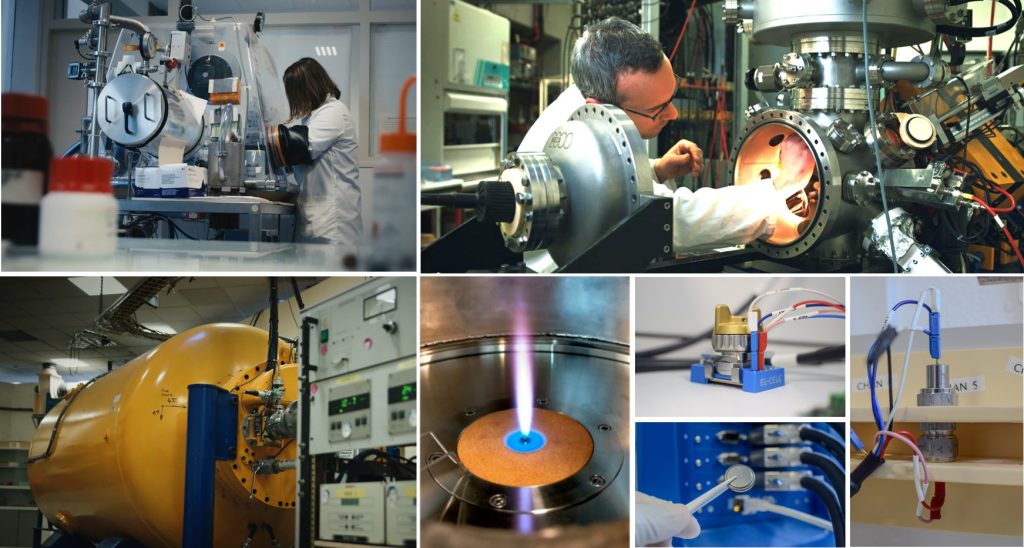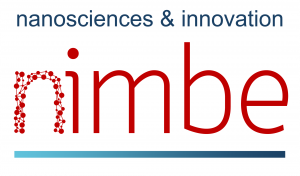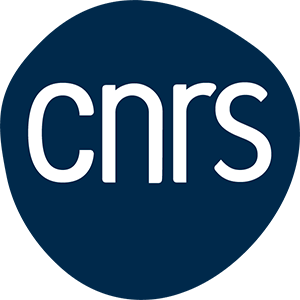
Within the Laboratory for Light Elements Studies (LEEL), research themes focus on the behavior of light elements in materials for energy. Activities range from material synthesis to characterizations, which include those obtained with the laboratory’s specific tool, the nuclear microprobe, an instrument particularly suited to monitoring light elements.
Our objective is to acquire fundamental knowledge regarding emerging materials used, or envisioned, for low carbon fingerprint energy sources, such as post Li-ion electrochemical accumulators and nuclear materials.
Within the LEEL, we have access to various physical chemical synthesis methods, from solution chemistry to innovative gas pathway, virtually allowing synthesis of any material with controlled stoichiometry and size.
We synthesize new materials for high performance electrodes or solid-state electrolytes for post Li-ion batteries. We also explore innovative liquid electrolytes such as water in slat type, and conduct various electrochemical investigations on assemblies together with accelerated aging studies using radiolysis (in collaboration with LIONS laboratory).
The nuclear microprobe facility, hosted in LEEL laboratory, is principally used for our research topics. It is based on the spectroscopy of emitted species (photons, particles) following the interaction of an energetic light ion beam with the studied samples. Processes of diffusion and transport, precipitation and segregation of light elements can be understood locally using judiciously chosen nuclear reactions, whether by using isotopic tracers or by directly measuring the desired element. Therefore, we can chemically characterize as prepared materials or assemblies, and also extend studies by developing setups for operando monitoring.
The nuclear microprobe facility also offers a unique feature since it is equipped with a hot beamline devoted to radioactive samples. We therefore provide analytical expertise for materials like highly irradiating nuclear fuel claddings.
As part of EMIR&A research infrastructure, we also provide expertise and contribute to scientific collaborations for various research fields and groups requiring nuclear microprobe experiments.




